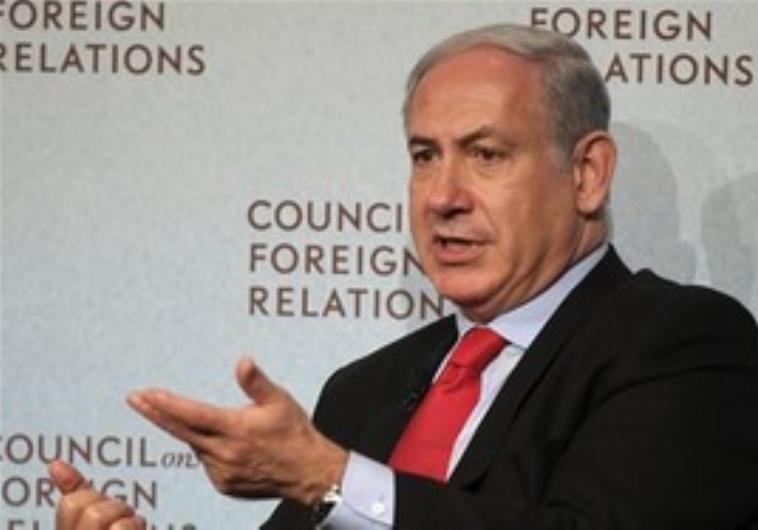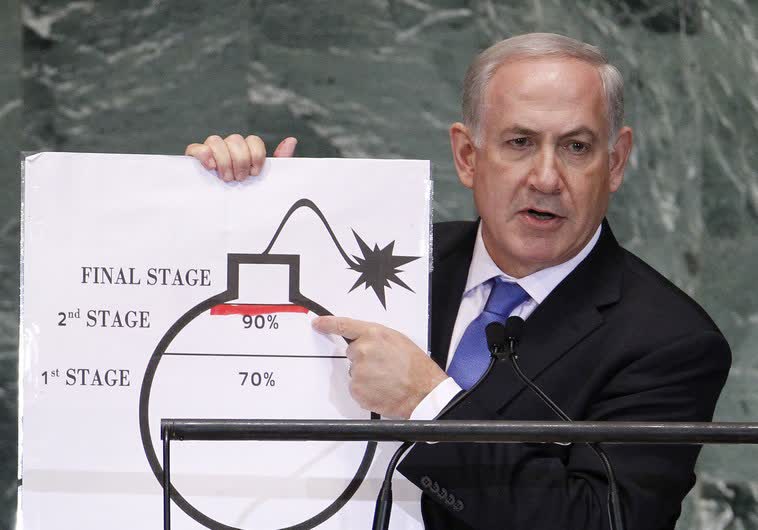No doubt Israel deserves to be condemned for the continued and systematic abuse of Palestinian rights, both individual human and civil rights as well as Palestinian national rights. Israel has become the new form of apartheid government with two peoples in one land living under completely different legal regimes (military law for Palestinians and civil law for Jews), two separate and very unequal economies, and even forced physical separation in many ways and places. Jewish supremacy is the system of government inside of Israel proper (within the green line) and even more clearly within the territories occupied by Israel in June 1967. Many Israeli, international, and Palestinian human rights organizations document Israeli violations of international law, international humanitarian law, and violations of basic human rights on a daily basis. For anyone who is interested, the formal and social media is full of very graphic documentation of the daily abuses by Israel, its government, its army, and its settlers in the occupied territories.
There is no doubt that anyone who writes what I wrote above is labeled either as an anti-Semite, a self-hating Jew, or a traitor. I am none of these. It is more than legitimate for anyone to criticize the government of Israel or the State of Israel for its continued abuses of Palestinian rights. It is more than legitimate for me as a citizen of the State of Israel to be critical of my government and my country. Antisemitism on the other hand is never legitimate and must be condemned at all times. Applying pressure on Israel to change its policies or calling on foreign governments to apply pressure on Israel is not antisemitic. Supporting the Palestinian call to receive an advisory opinion from the International Court of Justice on the legality of Israel’s occupation of the West Bank and East Jerusalem and the defacto annexation of those territories is not antisemitic nor is it “diplomatic terrorism” as the government of Israel has labeled it. Calls by those who support the two states solution, or who support the right of Palestinians for national self-determination for boycotting of Israel, applying sanctions against Israel or divestment in Israeli companies or boycotting products from Israeli settlements is not antisemitism and is a legitimate non-violent political position of Israelis, Palestinians, other Arabs and other people and states around the world.
I grew up with a legacy of boycotts. When I was young, we boycotted grapes and lettuce in the United States because of the abuse of migrant labor. During apartheid in South Africa, we boycotted every product coming from that country. In Israel, I refused every invitation from any event in the apartheid South African embassy, until apartheid ended and then I was happy to participate, especially after Nelson Mandela was elected President. I support the Palestinians’ use of every tool of non-violence available to them. They need to continue to stand up to the cowardice of those countries in the world that support their rights but do nothing effective to apply real pressure on Israel. The EU is great at making speeches and declarations in support of the Palestinians, but that is where it ends. The US, including the Biden Administration and even the Obama Administration were also great on words and very short on deeds when it comes to helping us to end Israel’s occupation over the Palestinian people.
The cause of ending the occupation and achieving Palestinian national political rights would of course be easier if the Palestinians had their own political home in better shape. They need to put an end to the dual headed Palestinian government. They need to hold new national and legislative elections. It would be great if the Palestinians had a new, young, dynamic, more gender equal leadership which had a better understanding of how to appeal to the billions of people all around the world. The cause of ending the Israeli occupation and recognizing Palestinian national rights, along with recognizing the rights of Israelis to self-determination and security should be embraced and supported by every country in the world. That is the challenge that we face. The strategy for achieving this must not be based mainly on highlighting Israeli abuses (which is what is done today), but on a more constructive and dynamic platform of justifying Palestinian rights. For defining this strategy, I turn to the Palestinian Declaration of Independence (November 15, 1988) which said it very well and outlined the justification for the existence of a nation-state for the Palestinian people:
“On the same terrain as God’s apostolic missions to mankind and in the land of Palestine was the Palestinian Arab people brought forth. There it grew and developed, and there it created its unique human and national mode of existence in an organic, indissoluble and unbroken relationship among people, land and history.”
“Nourished by many strains of civilizations and a multitude of cultures and finding inspiration in the texts of its spiritual and historical heritage, the Palestinian Arab people has, throughout history, continued to develop its identity in an integral unity of land and people and in the footsteps of the prophets throughout this Holy Land, the invocation of praise for the Creator high atop every minaret while hymns of mercy and peace have rung out with the bells of every church and temple…”
“Despite the historical injustice done to the Palestinian Arab people in its displacement and in being deprived of the right to self-determination following the adoption of General Assembly resolution 181 (II) of 1947, which partitioned Palestine into an Arab and a Jewish State, that resolution nevertheless continues to attach conditions to international legitimacy that guarantee the Palestinian Arab people the right to sovereignty and national independence…”
“The State of Palestine declares its commitment to the purposes and principles of the United Nations, to the Universal Declaration of Human Rights and to the policy and principles of non-alignment. The State of Palestine, in declaring that it is a peace-loving State committed to the principles of peaceful coexistence, shall strive, together with all other States and peoples, for the achievement of a lasting peace based on justice and respect for rights, under which the human potential for constructive activity may flourish, mutual competition may centre on life-sustaining innovation and there is no fear for the future, since the future bears only assurance for those who have acted justly or made amends to justice…”
“In the context of its struggle to bring peace to a land of peace and love, the State of Palestine calls upon the United Nations, which bears a special responsibility towards the Palestinian Arab people and its homeland, and upon the peace-loving States and peoples of the world and those that cherish freedom to assist it in achieving its goals, in bringing the plight of its people to an end, in ensuring the safety and security of that people and in endeavouring to end the Israeli occupation of Palestinian territory.”
“The State of Palestine further declares, in that connection, that it believes in the solution of international and regional problems by peaceful means in accordance with the Charter of the United Nations and the resolutions adopted by it, and that, without prejudice to its natural right to defend itself, it rejects the threat or use of force, violence and intimidation against its territorial integrity and political independence or those of any other State.”


